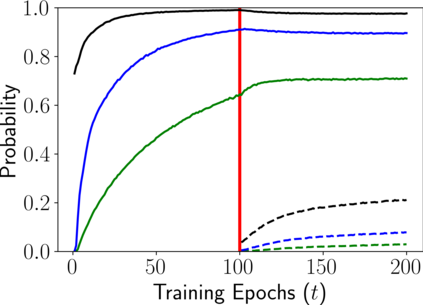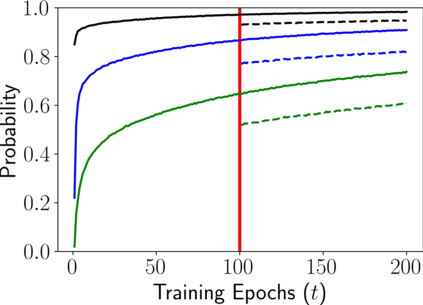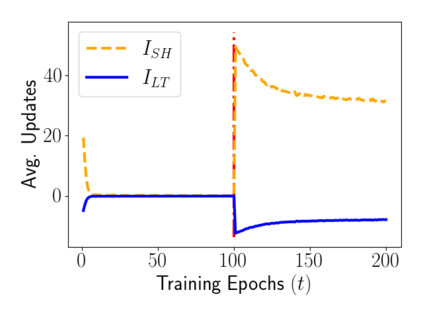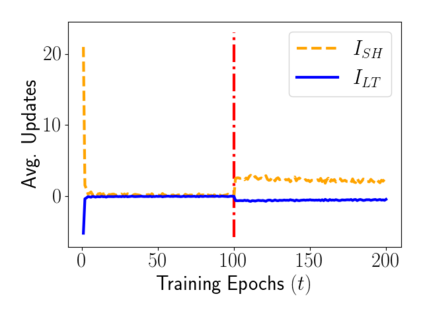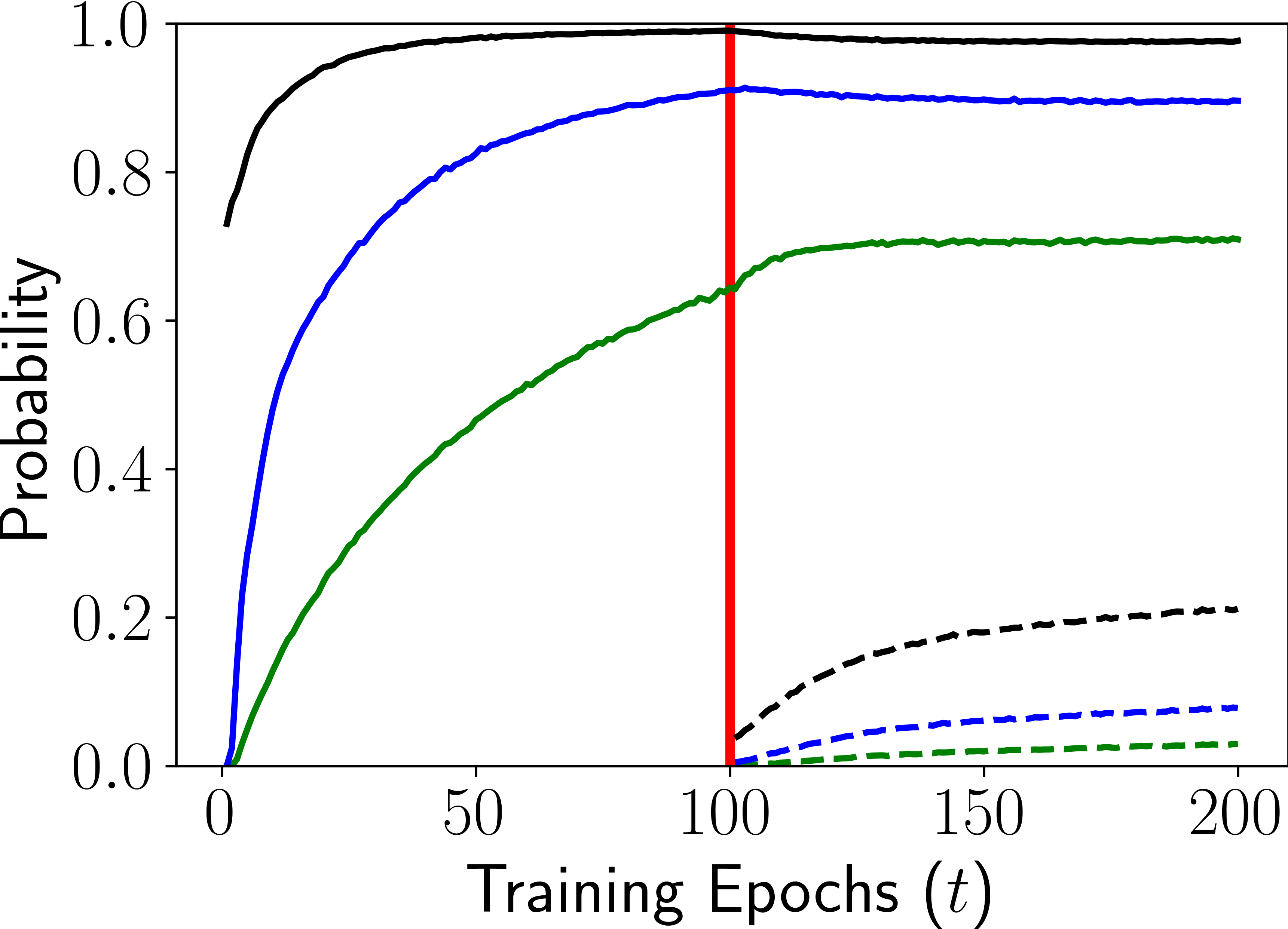Recommender systems (RSs) employ user-item feedback, e.g., ratings, to match customers to personalized lists of products. Approaches to top-k recommendation mainly rely on Learning-To-Rank algorithms and, among them, the most widely adopted is Bayesian Personalized Ranking (BPR), which bases on a pair-wise optimization approach. Recently, BPR has been found vulnerable against adversarial perturbations of its model parameters. Adversarial Personalized Ranking (APR) mitigates this issue by robustifying BPR via an adversarial training procedure. The empirical improvements of APR's accuracy performance on BPR have led to its wide use in several recommender models. However, a key overlooked aspect has been the beyond-accuracy performance of APR, i.e., novelty, coverage, and amplification of popularity bias, considering that recent results suggest that BPR, the building block of APR, is sensitive to the intensification of biases and reduction of recommendation novelty. In this work, we model the learning characteristics of the BPR and APR optimization frameworks to give mathematical evidence that, when the feedback data have a tailed distribution, APR amplifies the popularity bias more than BPR due to an unbalanced number of received positive updates from short-head items. Using matrix factorization (MF), we empirically validate the theoretical results by performing preliminary experiments on two public datasets to compare BPR-MF and APR-MF performance on accuracy and beyond-accuracy metrics. The experimental results consistently show the degradation of novelty and coverage measures and a worrying amplification of bias.
翻译:建议系统(RSs)采用用户-项目反馈,例如评级,使客户与个人化产品清单相匹配。顶级建议的方法主要依赖学习-兰克算法,其中最广泛采用的方法是巴伊西亚个性化分级(BPR),该分级以双向优化方法为基础。最近,发现布拉柴尔的分级制度在模型参数出现对立干扰时很脆弱。反向性个性化分级(ARPR)通过对抗性培训程序强化了布拉柴尔的准确性,从而缓解了这一问题。对布拉柴尔BPR的准确性表现的经验性改进使BPR的准确性表现在一些推荐模型中得到了持续的广泛使用。然而,一个被忽视的主要方面是巴伊斯人格化分级分级(Bayright-Rabilation)的超准确性表现表现。最近的结果表明,布拉柴尔姆比比B级的准确性能框架的学习特点性能特征,以便提供数学证据证据,当反馈数据比B级的准确性价比数据更新了我们获得的底级数据质量分配结果时,从APRRMloral-B的短期更新了基础数据。

